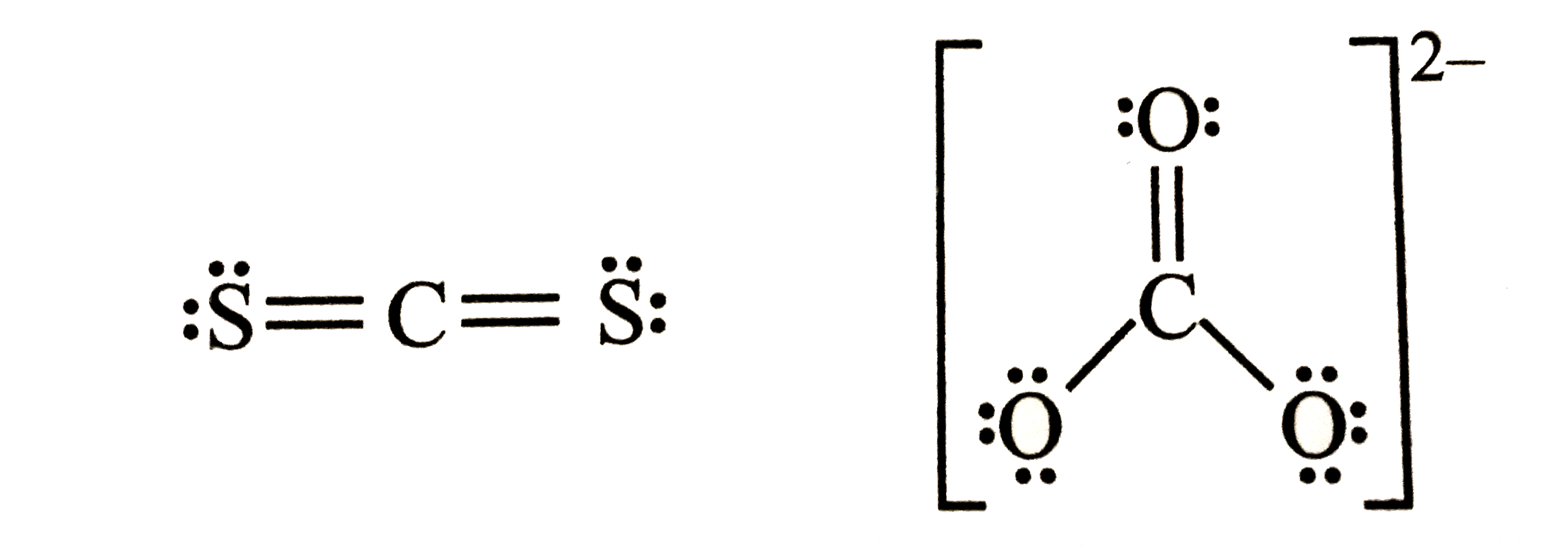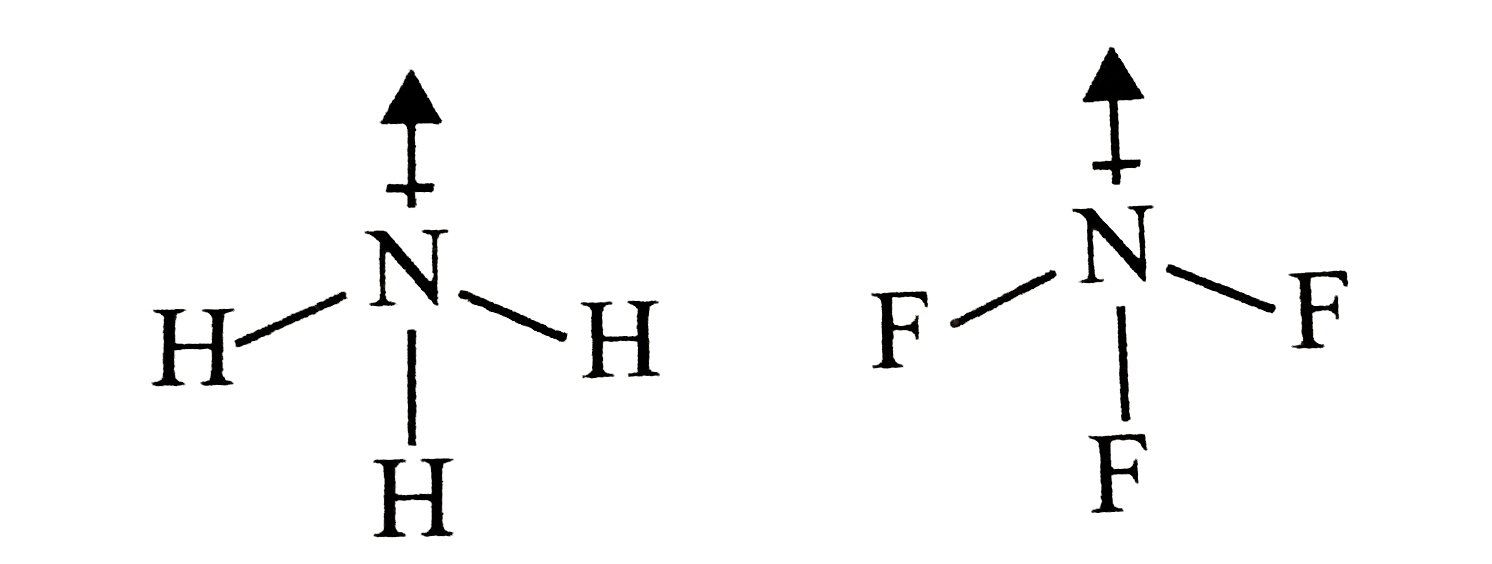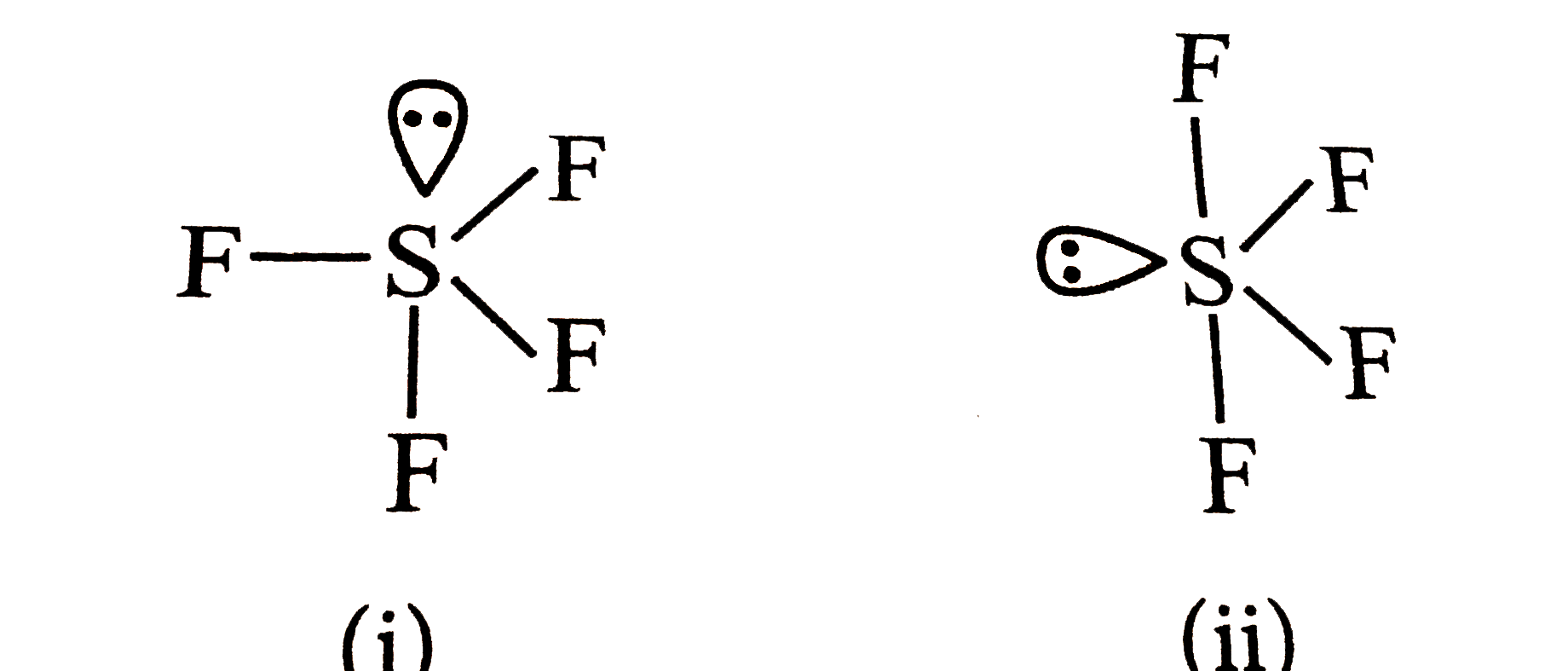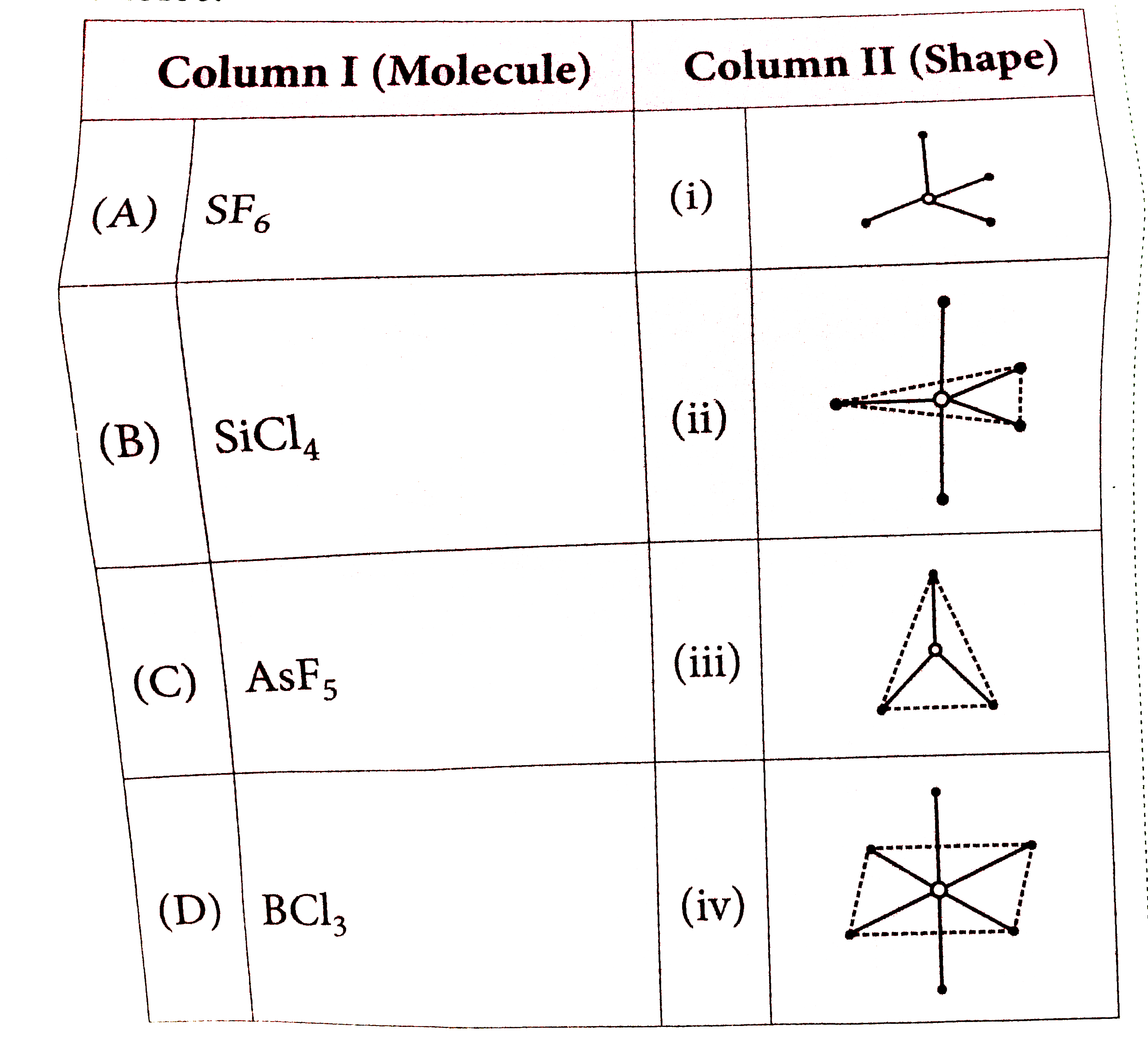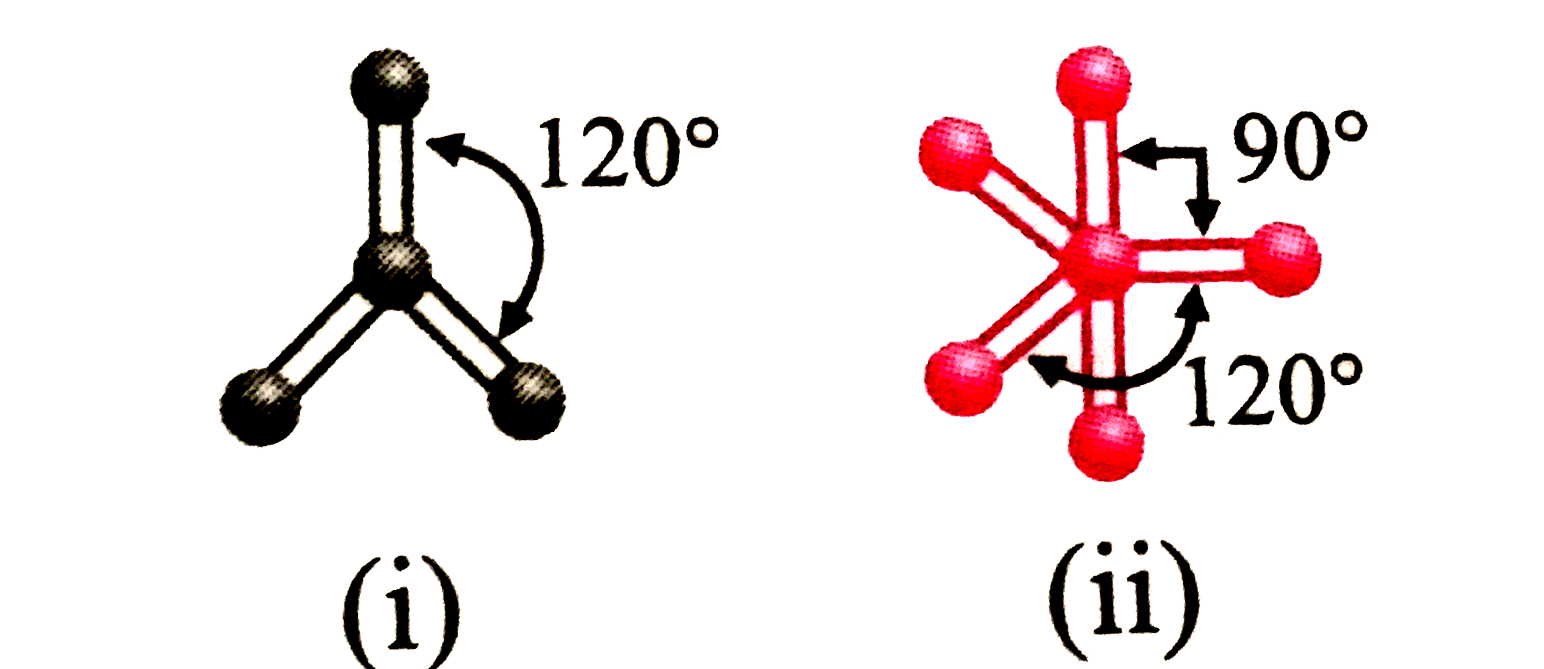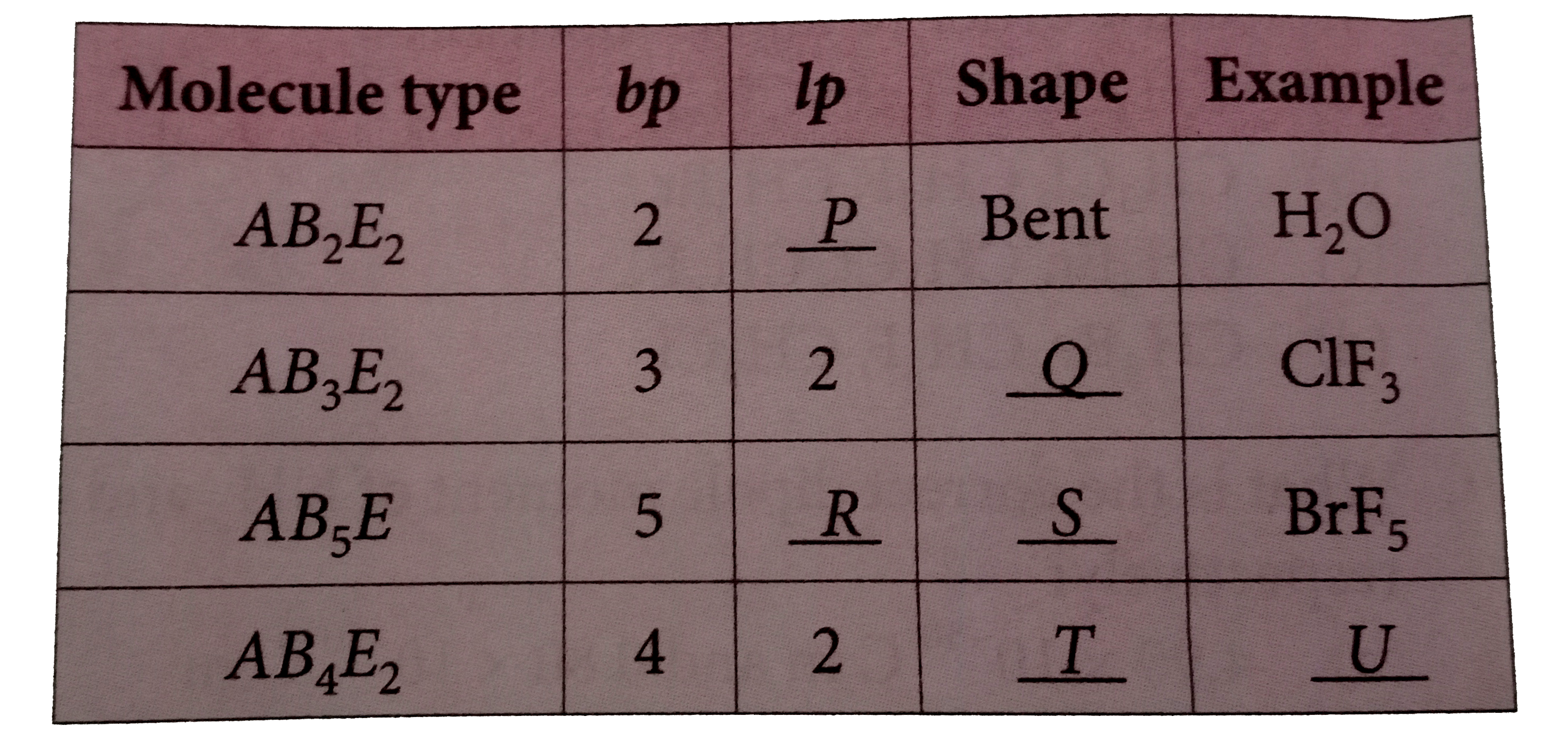Molecular Orbital Theory from MTG CHEMISTRY (ENGLISH) CHEMICAL BONDING & MOLECULAR STRUCTURE for Class 11
| Class 11 | CHEMISTRY |
| Chapter | CHEMICAL BONDING & MOLECULAR STRUCTURE |
| MTG CHEMISTRY (ENGLISH) | Molecular Orbital Theory |
| Medium | English |
| Academic Year | 2023-2024 |
Question 15
Can sodium chloride conduct eletricity in the solid state ? (A)Solids do not conduct electricity. (B)The ions of NaCl become mobile only in molten state and are not free to move in solid state. (C)The crystalline structure does not have ions. (D)When a bond is formed between ions they lose their charges.View SolutionQuestion 75
Comprehension given below is followed by some multiple choice question, Each question has one correct options. Choose the correct option.
Molecular orbitals are formed by the overlap of atomic orbitals. Two atomic orbitals combine to form two molecular orbitals called bonding molecular orbital (BMO) and anti-bonding molecular orbital (ABMO). Energy of anti-bonding orbital is raised above the parent atomic orbitals that have combined and hte energy of the bonding orbital is lowered than the parent atomic orbitals.
energies of various molecular orbitals for elements hydrogen to nitrogen increase in the order
σ1s<σ⋆1s<σ⋆2s<((π2px)=(π2py))<σ2pz<(π⋆2px=π⋆2py)<σ⋆2pz and For oxygen and fluorine order of enregy of molecules orbitals is given below.
σ1s<σ⋆1s<σ2s<σ⋆2s<σpz<(π2px≈π2py)<(π⋆2px≈π⋆2py)<σ⋆2pz
Different atomic orbitalsof one atom combine with those atoms orbitals of the second atom which have comparable energies and proper orientation.
Further, if the overlapping is head on, the molecular orbital is called sigma, σ andif the overlap is lateral, the molecular orbital is called pi, π. The molecular orbitals are filled with electrons according to the same rules as followed for filling of atomic orbitals.
However, the order for filling is not the same for all molecules or their ions. Bond order is one of the most important parameters to compare the strength of bonds.
67) Which of the following pair is expected to have the same bond order?View SolutionQuestion 94
Which of the following statements is true of hydrogen atom ? (a)Cl and N have comparable electronegativities yet there is no H- bonding in HCl because size of Cl is large. (b) Intermolecular H- bonding results in decrease in m.p. and b.p. (c) Ice has maximum density at 0∘C due to H- bonding. (d) KHCl2(HCl−2) exists but KHF2(HF−2) does not exist due to lack of H- bonding in HCl. View SolutionQuestion 98
For same mass of water and ice, why ice floats over water? (A)solids have lesser density than liquids (B)it has open - cage like structure in which lesser molecules are packed per mL than water (C)ice is lighter than water (D) when ice is formed water molecules come closer and start floating.View SolutionQuestion 100
Which of the following statements is not true ? (a) Intermolecular hydrogen bonds are formed between two different molecules of compounds. (b)Intramolecular hydrogen bonds are formed between two different molecules of the same compounds. (c)Intramolecular hydrogen bonds are formed within the same molecule. (d) Hydrogen bonds have strong influence on the physical properties of a compound. View Solution
All Exercises from MTG CHEMISTRY (ENGLISH) Class 11 CHEMISTRY CHEMICAL BONDING & MOLECULAR STRUCTURE
- BOND PARAMETERS
- BONDING IN SOME HOMONUCLEAR DIATOMIC MOLECULES
- HYBRIDISATION
- HYDROGEN BONDING
- IONIC AND ELECTROVALENT BOND
- LEWIS APPROACH OF CHEMICAL BONDING
- MCQS
- MOLECULAR ORBITAL THEORY
- VALENCE BOND THEORY
- VSEPR THEORY
- HIGHER ORDER THINKING SKILLS
- EXEMPLAR PROBLEMS
- NCERT EXEMPLAR
- ASSERTION & REASON
- ASSERTION AND REASON
